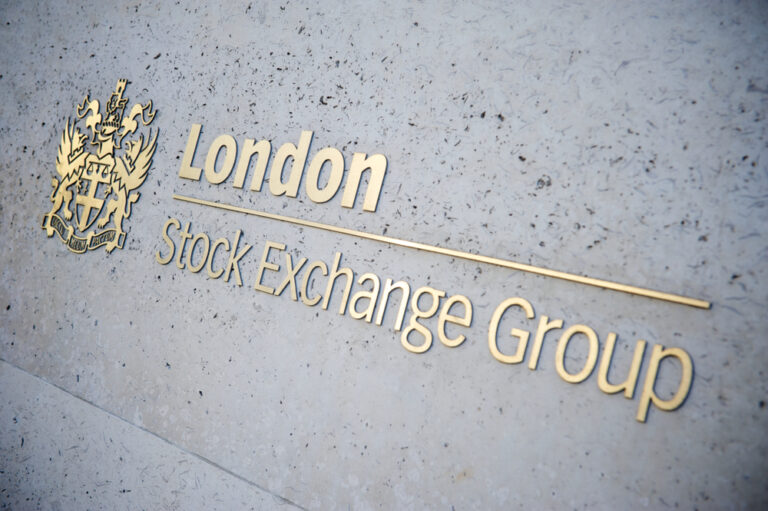Birmingham-based startup Assemble You has secured £1 million in funding to transform workplace training through its innovative podcast-style audio learning platform.
The West Midlands Co-Investment Fund (WMCO) led the investment round, contributing £499,983. Specialist EdTech venture capital firm Ufi Ventures provided additional backing.
The WMCO, a £25 million fund launched by the West Midlands Combined Authority (WMCA) in partnership with the West Midlands Pension Fund, is managed by Midven, part of Future Planet Capital. The fund provides equity of up to £1 million to high-growth SMEs in the WMCA area, matched on a 1:1 basis by private co-investment.
Assemble You has developed a solution to address the widespread problem of low engagement in traditional workplace training.
Conventional e-learning methods such as lengthy videos and click-through modules often fail to capture learners’ attention or accommodate the time constraints and diverse needs of modern workers.
With its short-form, high-impact audio content, Assemble You offers a flexible and accessible alternative focused on soft skills, leadership development, and inclusion.
According to Gallup’s 2024 report, employees with access to continuous learning are 47% more likely to be engaged at work.
The newly secured funding will enable Assemble You to expand in several areas, including plans to enhance its content creation by significantly expanding its library and expanding sales and marketing efforts.
Assemble You also aims to translate and localise its entire audio library into German, French, and Spanish, opening up significant overseas opportunities.
Beyond financial support, Midven will provide Assemble You with strategic advice, introductions to key networks, assistance with future fundraising, and recruitment support. Midven recognised the significant value proposition of Assemble You’s approach to addressing a critical market gap for engaging and accessible workplace training.
“We are delighted to invest in Assemble You, a company that has demonstrated innovation and forward-thinking in the digital learning and development space,” said
“Their mission to democratise workplace learning through high-quality educational content positions them well for significant growth.”










